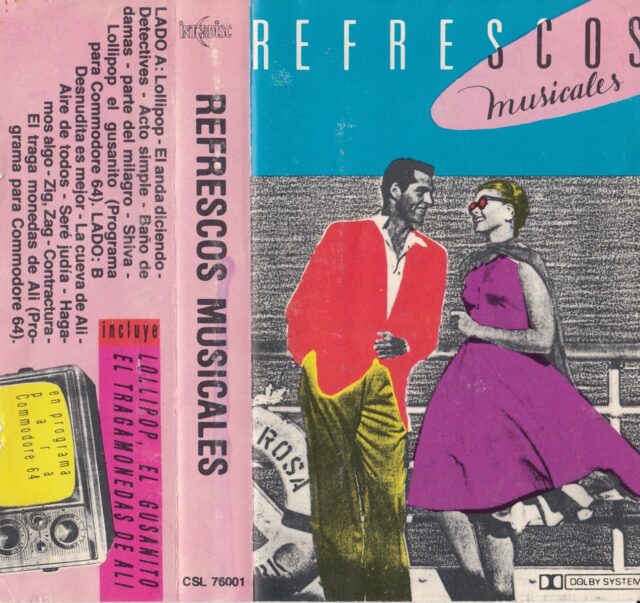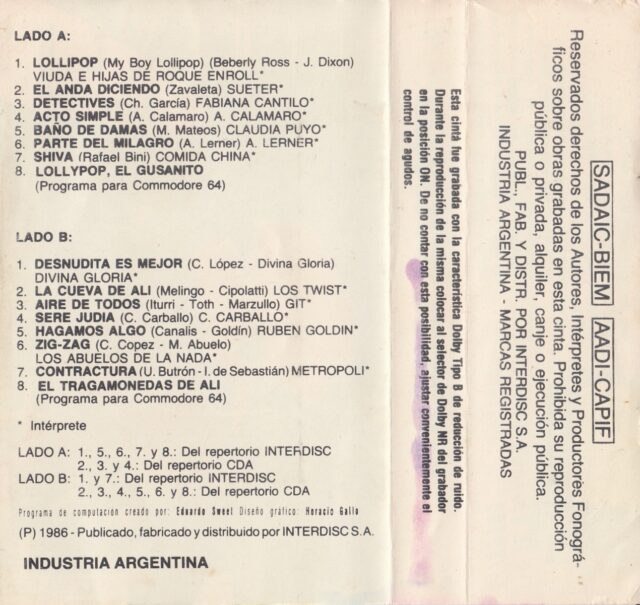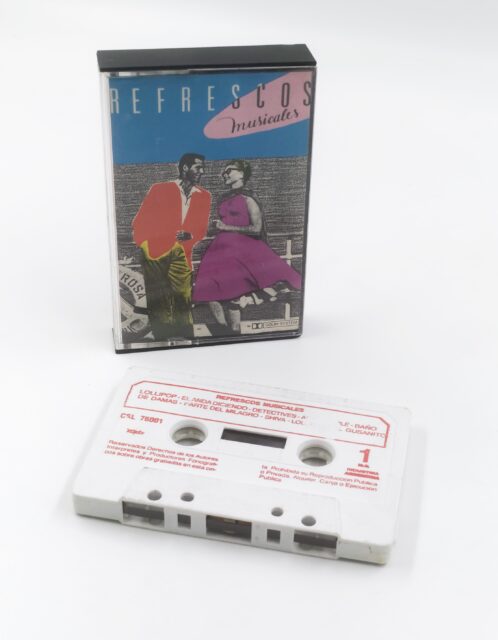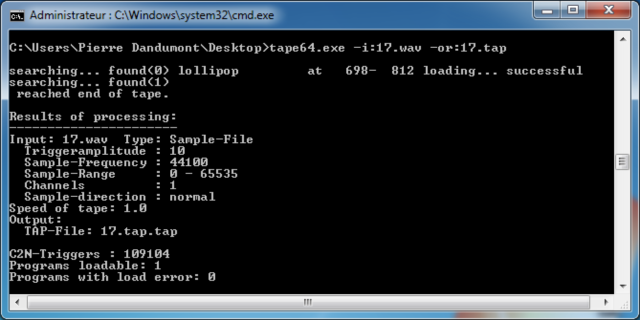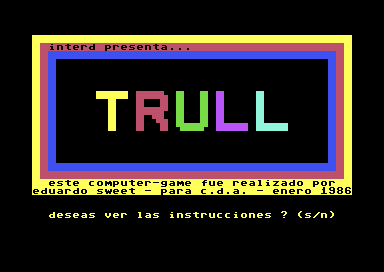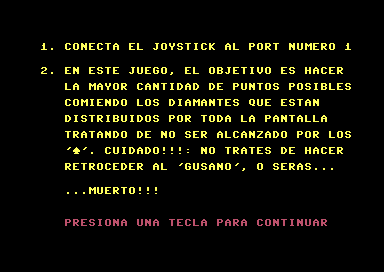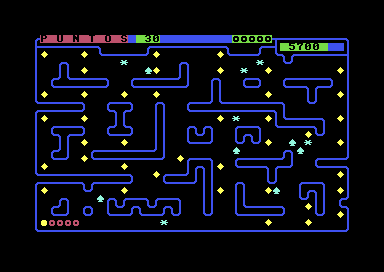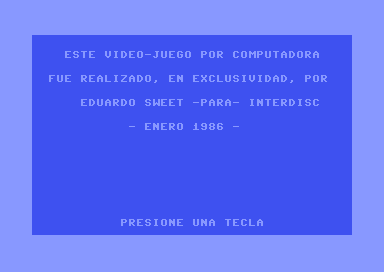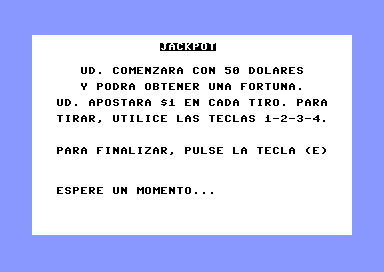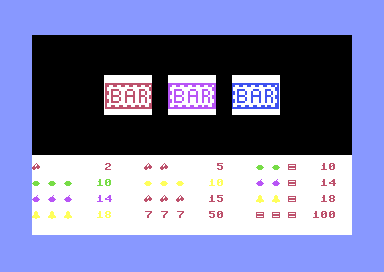Once again, I found programs for ancient computers on a media that contains music. This time, it’s the compilation Refrescos Musicales, which comes from Argentina and contains two programs for the Commodore 64.
Instead of repeating all the previous articles each time, I’ll refer you to the dedicated page, which explains what I do with vinyl records and lists all the pages containing programs, explanations, etc.
Well, it was complicated, but a bit of context to start with. The compilation exists on cassette and on vinyl, and I have the cassette. Funny story, by the way, the seller asked me why I was buying an 80s compilation on audio cassette from a country on the other side of the world, it’s a first.
My first concern is that I couldn’t find examples of the result initially. It’s easier when I have a good idea of what I’m looking for, but I mainly found a YouTube video with the audio and a person on Twitter who was surprised by the presence of data, but no images of the result.
My concern is that data recovery for the Commodore 64 is often tricky – and it’s proven here – because I don’t have a Commodore 64. Ideally, you need to use a Commodore 64 cassette player with a PC interface to retrieve the already filtered data. Because the Commodore 64, unlike others, doesn’t take audio directly in with a regular tape recorder, but uses its own player which does part of the conversion. So, a good portion of the tools are designed for TAP files rather than WAV files.
I’ll spare you the details, but basically I spent a good part of a day recording from a noname cassette player to WAV, before testing lots of software. I filtered, cut, re-recorded, etc. I don’t have the exact count of the number of attempts, but it’s around a hundred. The process involves starting from a clean recording, converting it to TAP, then converting the TAP into a usable program. You can load the TAP directly into emulators, but it’s generally slower and larger than – for example – a PRG. A TAP is a binary representation of the stream (so the sequence of 0s and 1s), a sort of filtered WAV (purists will correct me). In this case, a 35-second mono WAV file is about 3 MB, the TAP representation is a little over 100 KB, and the program itself is about ten KB.
I finally succeeded using a brute force method: a clean recording from the cassette, a fairly strong amplification in Audacity to saturate well, and then command-line conversion with tape64. This old program converts better than the others in practice, with a somewhat peculiar syntax.
tape64.exe -i:filename.wav -or:filename
Then, I used a classic (WAV-PRG) to convert the TAP to PRG. In practice, it works better than Audiotap and the other software I tested.
For the emulator, it works better in Vice for once (I also sometimes use Denise).
The first program is called Lollipop, on side A. It’s a kind of mix between Pac-Man and Snake, played with a joystick on the Commodore 64. Basically, you have to move the snake without the head touching the rest of the body (so no U-turns, for example) while avoiding the blue ♠️ symbols, which appear randomly. It’s pretty basic but can be entertaining for a few minutes.
The second program, Jackpot, is even more basic. It’s a jackpot game where you have to bet 1, 2, 3, or 4 dollars (with the associated keys) and hope for three identical symbols. Nothing very exciting, therefore. Quite oddly, it works in Denise but not in Vice.
To conclude, it gave me a lot of trouble, but I still did it…
